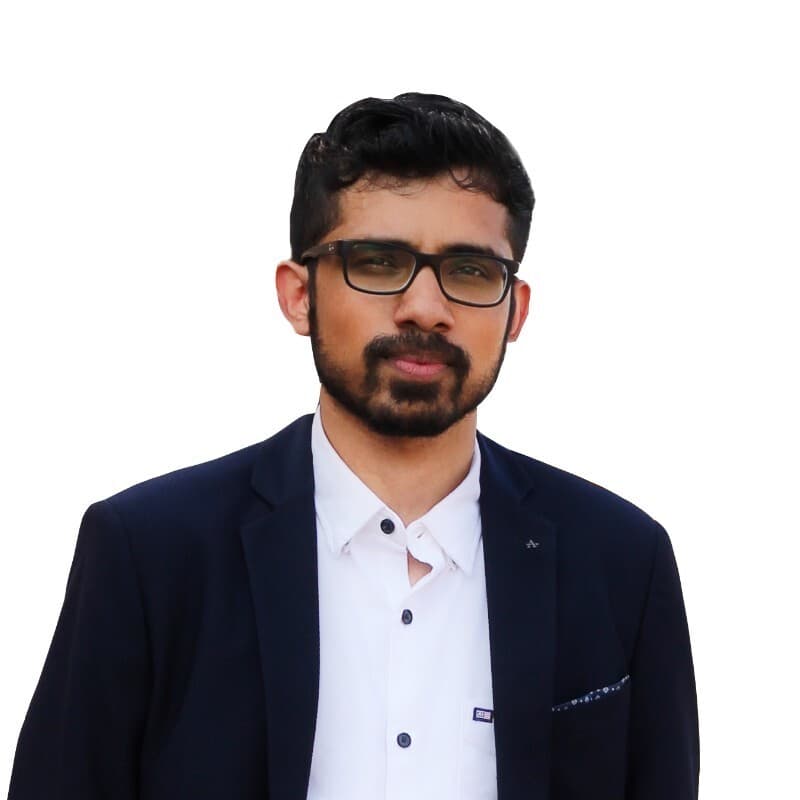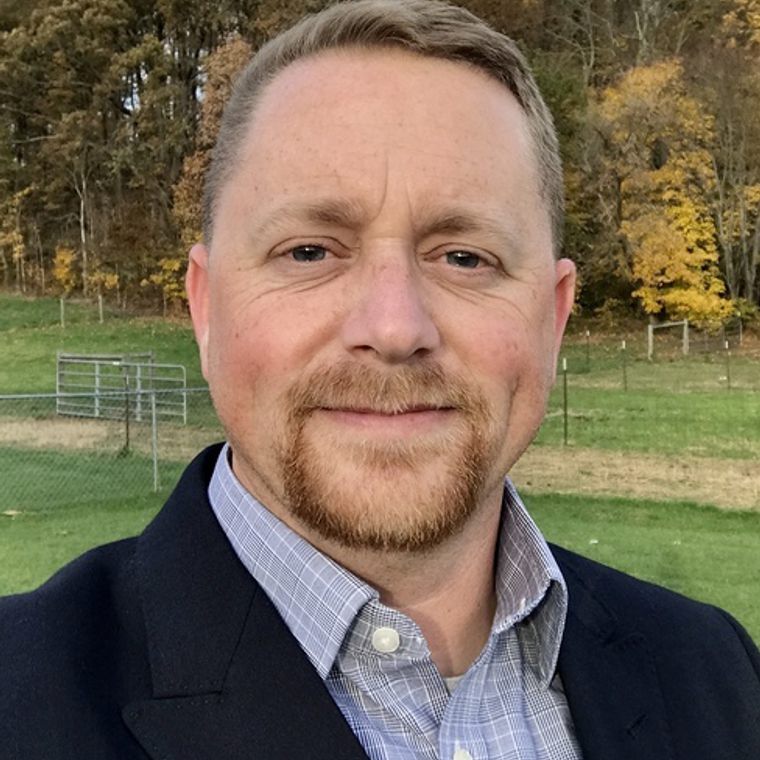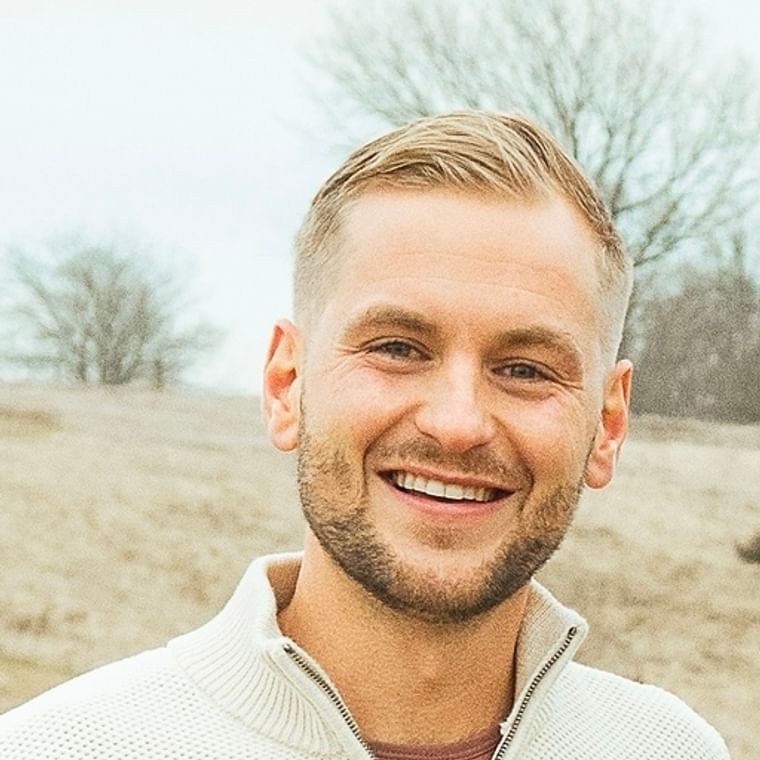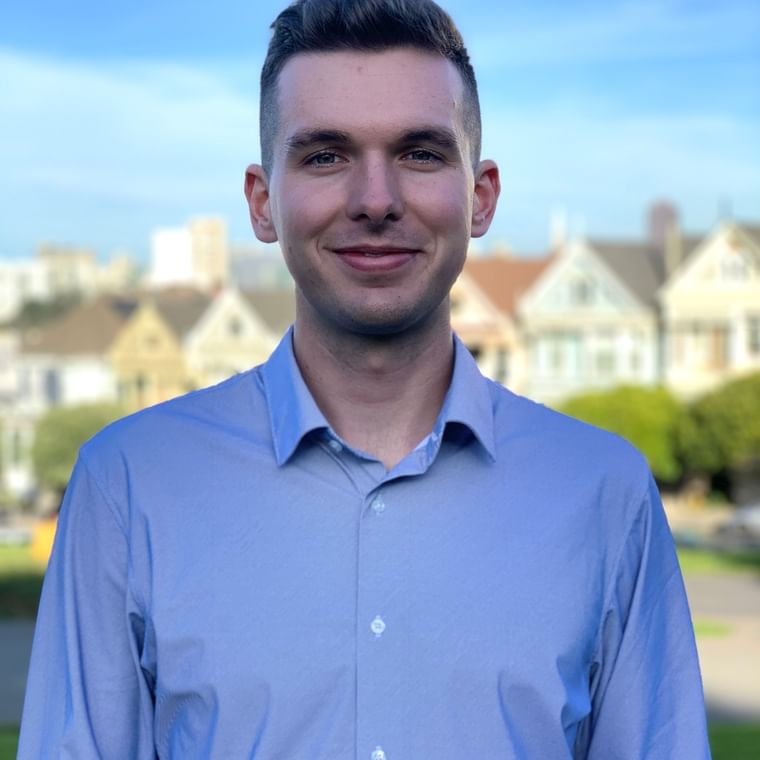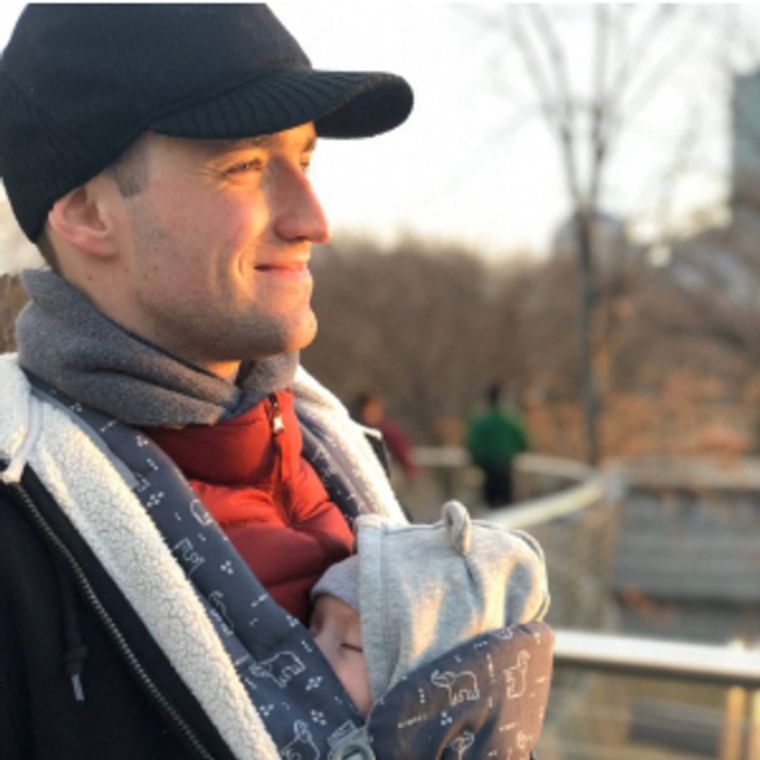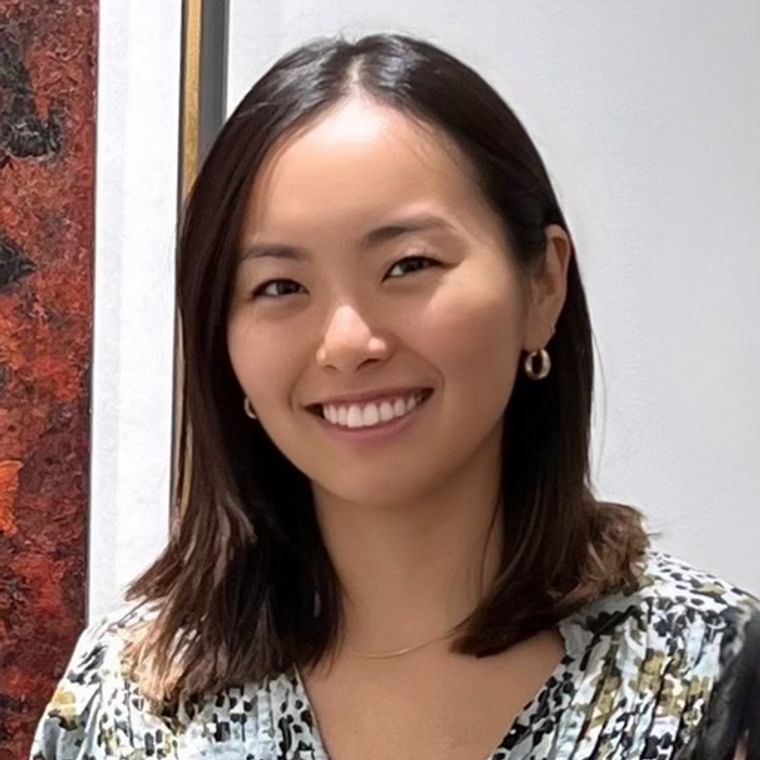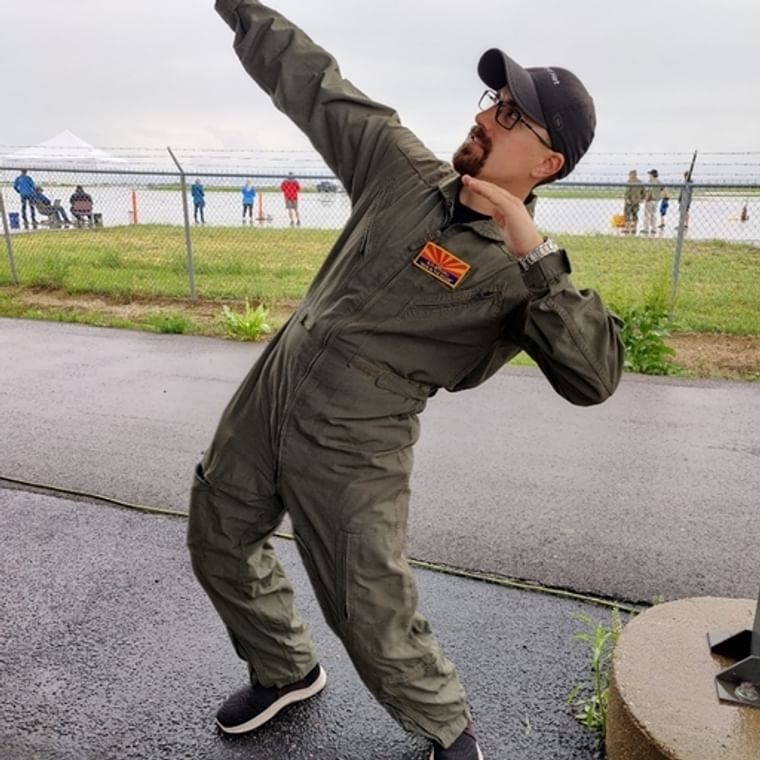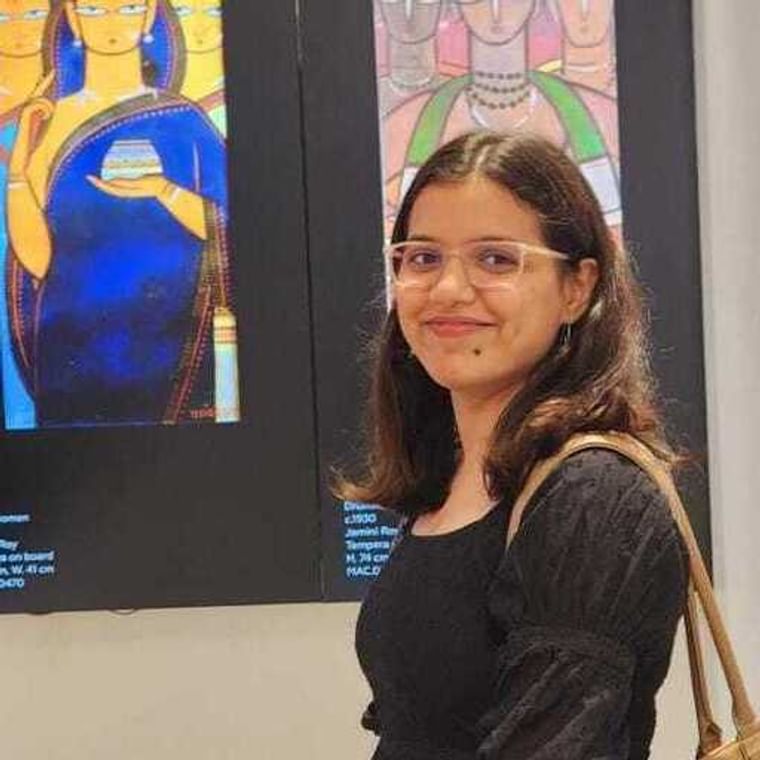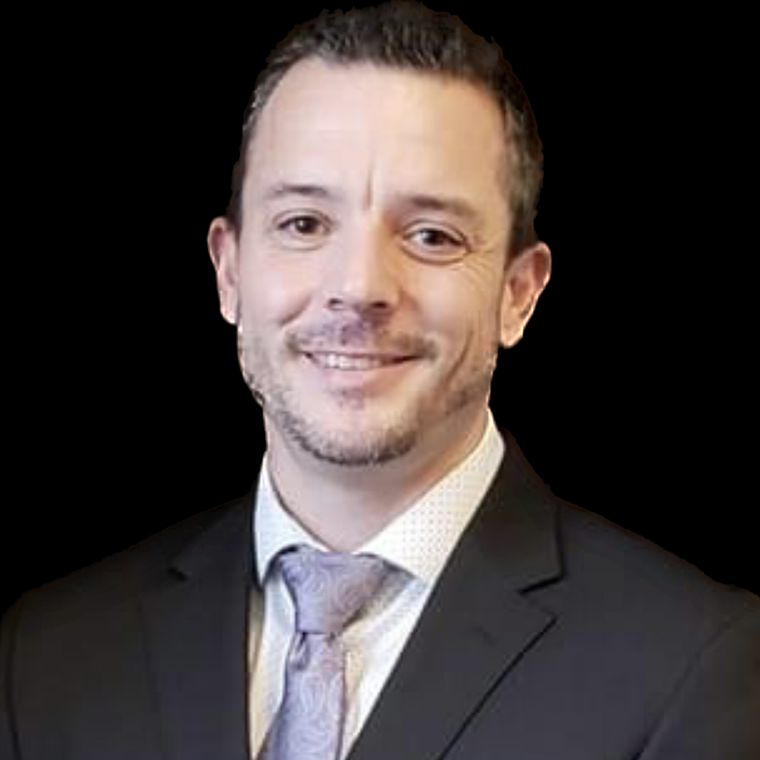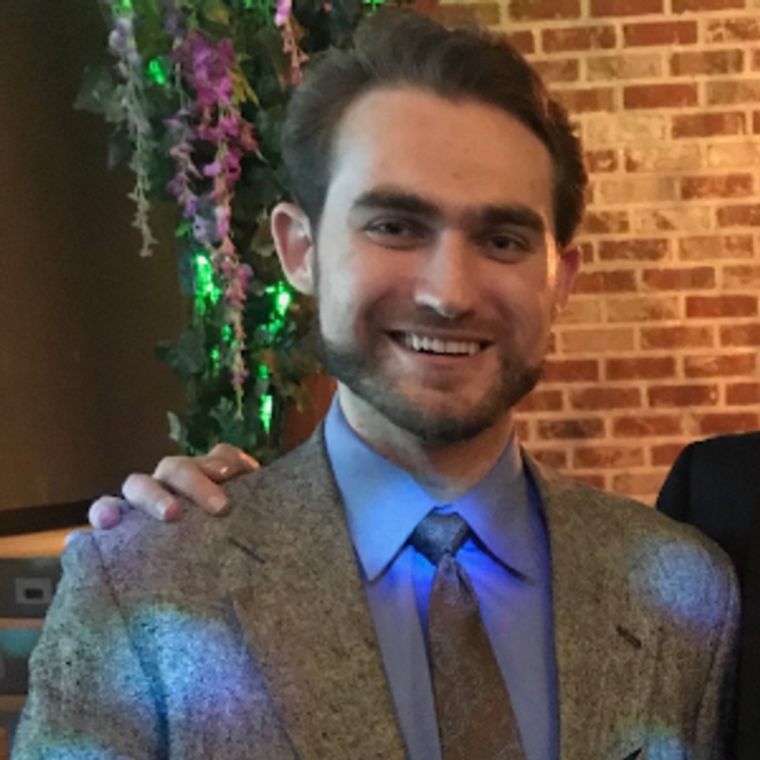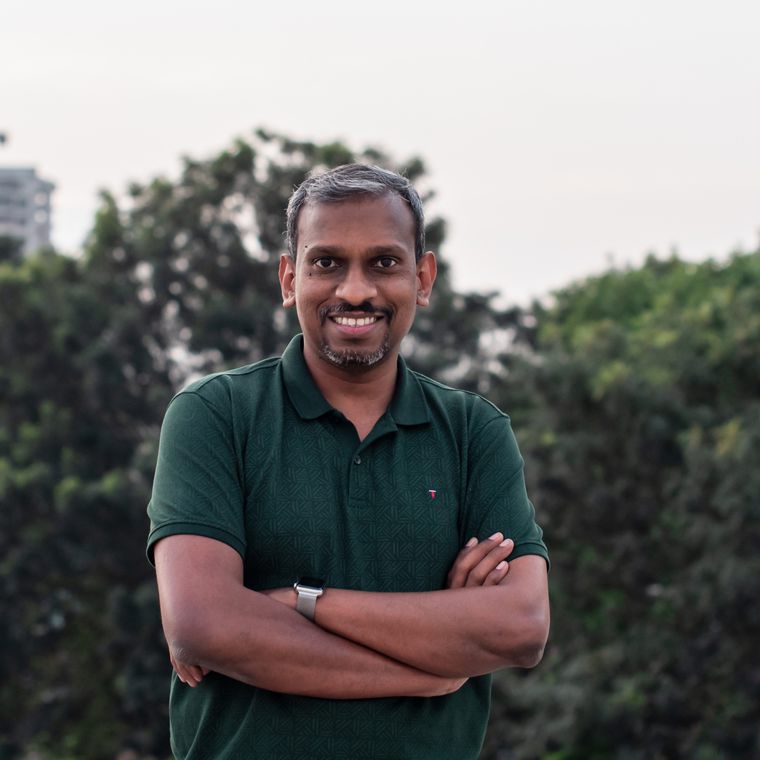Abnormal Voices: Meet Shoaib Ahmed, Senior Software Engineer
Describe yourself in three words.
The Software Artisan
Tell me what you do at Abnormal in 2-3 sentences.
I lead the Config Platform team, responsible for building and maintaining the systems that enable seamless configuration management at Abnormal. Our platform ensures app teams and customers can customize configurations reliably and at scale. My role involves designing and implementing scalable solutions, driving technical excellence, and mentoring engineers to grow a strong and high-impact team.
What does a typical day look like for you?
My day is a mix of engineering, collaboration, and technical leadership. I spend a significant portion of my time on design discussions, reviewing architecture, and mentoring engineers to ensure we’re building scalable and maintainable systems.
While I still write code, my focus is more on guiding implementation, reviewing PRs, and tackling complex technical challenges. AI tools play a role in boosting productivity - whether it’s helping with code suggestions, optimizing queries, or automating repetitive tasks - but most of my time is spent on designing solutions, problem-solving, and enabling the team to execute effectively.
What’s the most interesting technical challenge you've tackled in the past six months?
Designing a scalable settings management system that allows customers to configure settings per employee or group. We had to support tens of millions of employees across all customers with single-digit millisecond latency and 30,000 QPS.
Our initial approach used PostgreSQL, but performance bottlenecks emerged. We added Redis caching to improve response times but eventually introduced a denormalized lookup table to enable single-query access and consistent reads. The final architecture - PostgreSQL, Redis, and the denormalized table - allowed us to scale efficiently while maintaining predictability and low latency.
How has working with AI changed your approach to engineering?
AI has evolved into an essential partner in almost every aspect of my work. For documentation, I jot down ideas and key points, and AI helps me turn them into structured, coherent content. When coding, AI assists with utility functions, boilerplate code, and even suggestions for improvements.
We’ve also introduced Cursor rules that automate many manual engineering workflows, dramatically cutting down time spent on code reviews and routine tasks - from days to minutes. AI is no longer just a lookup tool - it’s an integrated part of the engineering process, helping us move faster while maintaining quality and consistency.
What’s been your biggest “aha moment” while working with AI?
I was creating a new service - a basic CRUD over REST and gRPC - and gave a detailed prompt. To my surprise, AI generated the entire service, aligned with our best practices, including IaC files. What would have taken hours was done in minutes. That moment cemented AI’s role as a force multiplier in development.
How do you see AI transforming our industry? What role do you play in that transformation?
AI is fundamentally shifting how software is designed, developed, and maintained. At Abnormal, we use AI to reduce boilerplate, streamline documentation, automate workflows, and improve developer experience. Most of our on-call efforts are now automated. As a tech lead, I focus on driving AI adoption responsibly and effectively across our systems.
What’s your favorite aspect of the engineering culture here that might surprise people?
The focus on thoughtful automation - powered by AI - not just for efficiency but for developer experience. Engineers have ownership and autonomy to identify and fix bottlenecks in a way that scales across teams. It creates a culture of continuous innovation and collective problem-solving.
What flexibility do you have in structuring your workday?
I have a high degree of flexibility, which allows me to balance deep focus with collaboration. Our async-first culture, powered by documentation, minimizes sync meetings and context-switching. This results in better quality output and a more sustainable work-life balance.
What motivates you to come to work each day?
The opportunity to solve complex technical challenges at scale while learning from some of the most talented engineers I’ve ever worked with. Abnormal’s culture of Ownership and Excellence pushes me to grow and deliver high-quality systems every day.
What surprised you most about working at Abnormal?
How much ownership engineers have from day one. You’re trusted to make impactful decisions, and there’s no unnecessary bureaucracy. Also, the technical depth of the team constantly challenges and sharpens my skills.
Tell me about your career journey at Abnormal.
I joined as a Software Engineer 2 two years ago - just the second engineer on the India team. Now I lead the Config Platform team. As the company scaled to over 1,000 people, I grew technically and as a leader. My next goal is to become an architect for APAC teams and help shape system scalability at a global level.
What’s something you’ve learned here that’s changed your perspective?
The power of Velocity - “Good today is better than perfect next week.” I used to over-optimize early, but now I embrace iteration, ship faster, and improve as I go. It’s made me more pragmatic and impact-driven without sacrificing quality.
Why do you stay at Abnormal?
Because of the meaningful work, the ownership culture, and the incredible engineers I get to collaborate with every day. We solve hard problems with smart people - and that’s deeply motivating.
What advice would you give to someone hoping to join Abnormal?
Embrace ownership and move with velocity. You’ll be expected to take initiative and improve what you see. Be curious and open-minded - the technical depth here is amazing. If you love solving hard problems and want to make an impact at scale, this is the place to be.
What does connection look like in a hybrid environment?
We meet in-office twice a week for deep collaboration and team bonding, and the rest of the time we stay connected through async discussions, structured documentation, and thoughtful syncs. The culture here supports both deep work and meaningful connection.
________
If you’re looking for a place where you can innovate, grow, and contribute to groundbreaking work, check out our open roles and be a part of something transformative.
